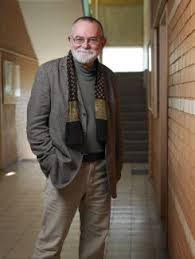Az egyetemi rangsorok egyik korai ígérete volt, hogy a hallgatók továbbtanulási döntéseiknél figyelembe veszik a rangsorok eredményeit, vagyis a rangsorok meghatározó befolyásoló tényezővé válnak a jelentkezési folyamatban. A kérdés, hogy ez valóban így van-e, ha nem, akkor hol, milyen tényezők alapján determinált a továbbtanulási döntés, és milyen mértékben járulnak hozzá e döntésekhez a rangsorok.
Boronkay Takáts Réka, a HÖOK hátrányos helyzetű hallgatókkal foglalkozó mentorprogramjának vezetője, Rankingek – hallgatói szemmel címmel tartotta előadását. Az előadó fő kérdése az volt, hogy ha a rankingek marketingtermékek – mint ahogy ezt több szakértő is állítja –, akkor azok valóban elérik-e a hallgatókat. A főként személyes tapasztalatok, valamint a hallgatóknak feltett rövid kérdésekre adott válaszok alapján az előadó szerint a rangsorok inkább indirekt marketingeszközök – vagyis anélkül befolyásolják a továbbtanulókat, hogy arról a jelentkezők tudatában lennének. A HÖOK egyik oldalán feltett kérdésre a hallgatók 65 százaléka válaszolta, hogy nem vette figyelembe a ragsorokat, elsősorban a szak, az intézmény települése, valamint a hírnév alapján választottak felsőoktatási intézményt. Az előadó személyes tapasztalata szerint a fiatalokat a felvételt követően általában olyan témák érdeklik, mint az ösztöndíjak, a kollégium kérdése, a hallgatói élet (sport, kulturális események), valamint egyéb oktatási kérdések. Véleménye szerint a hallgatók az egyetem megkezdése előtt nem követik a rangsorokat, de hallgatóként már jobban érdeklődnek a felsőoktatási kérdések iránt. A felsőoktatási döntés és a felsőfokú képzés meghatározó életszakasz egy fiatal életében, talán ezért is fontos lenne, ha a rangsorokban a hallgatói szempontok is hangsúlyosabban megjelennének.
Az előadást követő kérdések főként arra vonatkoztak, hogy miért, milyen mértékben determináltak hazánkban a továbbtanulási döntések, mennyire különböző ez a hallgató neme, szociális és képzési háttere, a tudományterületek és régiók alapján. Az intézmények munkatársai eltérő és hasznos tapasztalatokat osztottak meg ebben a kérdésben. Több hozzászóló arról a tapasztalatról számolt be, hogy a felsőfokú továbbtanulás esetében meghatározó a szociális háttér, a továbbtanulási döntéseket pedig nagyban befolyásolja, hogy az intézmény hol, a jelentkező lakóhelyétől milyen távolságban található. A műszaki pályák esetében meghatározó a családi háttér, például az, hogy a szülők is mérnöki pályán dolgoznak-e – ez különösen fontos a nők továbbtanulási döntésénél.
Misley Helga, ELTE PPK Neveléstudományi Intézet munkatársa előadásában szintén a hallgatók felsőoktatási rangsorok továbbtanulásra gyakorolt döntésével foglalkozott. A Rangsorok és marketing a felsőoktatásban c. előadás azzal a felvetéssel indult, hogy az egyetemek versenyben vannak egymással, például szeretnék a legjobb hallgatókat megszerezni. Az előadás olyan kérdéseket tárgyalt, mint hogy mennyire fontos szempont a végzős gimnazista diákok számára a választott felsőoktatási intézmény HVG Felvi rangsorban elfoglalt helye, vagy hogy mennyire befolyásolta az ELTE-s hallgatók választását az ELTE előkelő helye e rangsorokban. Az előadás Boronkay Takáts Réka előadásához hasonló következtetéseket fogalmazott meg. A rangsorok nem döntő szempontok, gyengén, inkább implicit módon befolyásolják a továbbtanulási döntéseket. A döntéseket inkább az oktatás feltételezett színvonala, valamint a diploma értéke befolyásolta. A rangsorok főként fejlesztést elősegítő eszközök, amelyek módszertani újragondolására és újfajta megvalósítására van szükség.
Az előadást követő hozzászólásokban visszatérő téma volt a presztízs kérdése, amely mégiscsak kulcskérdés a választás előtt álló fiatalok számára. A felsőoktatási rangsorok indikátorai pedig valahol mégiscsak presztízst jelenítenek meg – objektív módon próbálják megragadni, kifejezni az intézményi reputációt.
A webináriumon elhangzott előadások itt elérhetők: https://www.youtube.com/watch?v=v5t2ONxrlK0
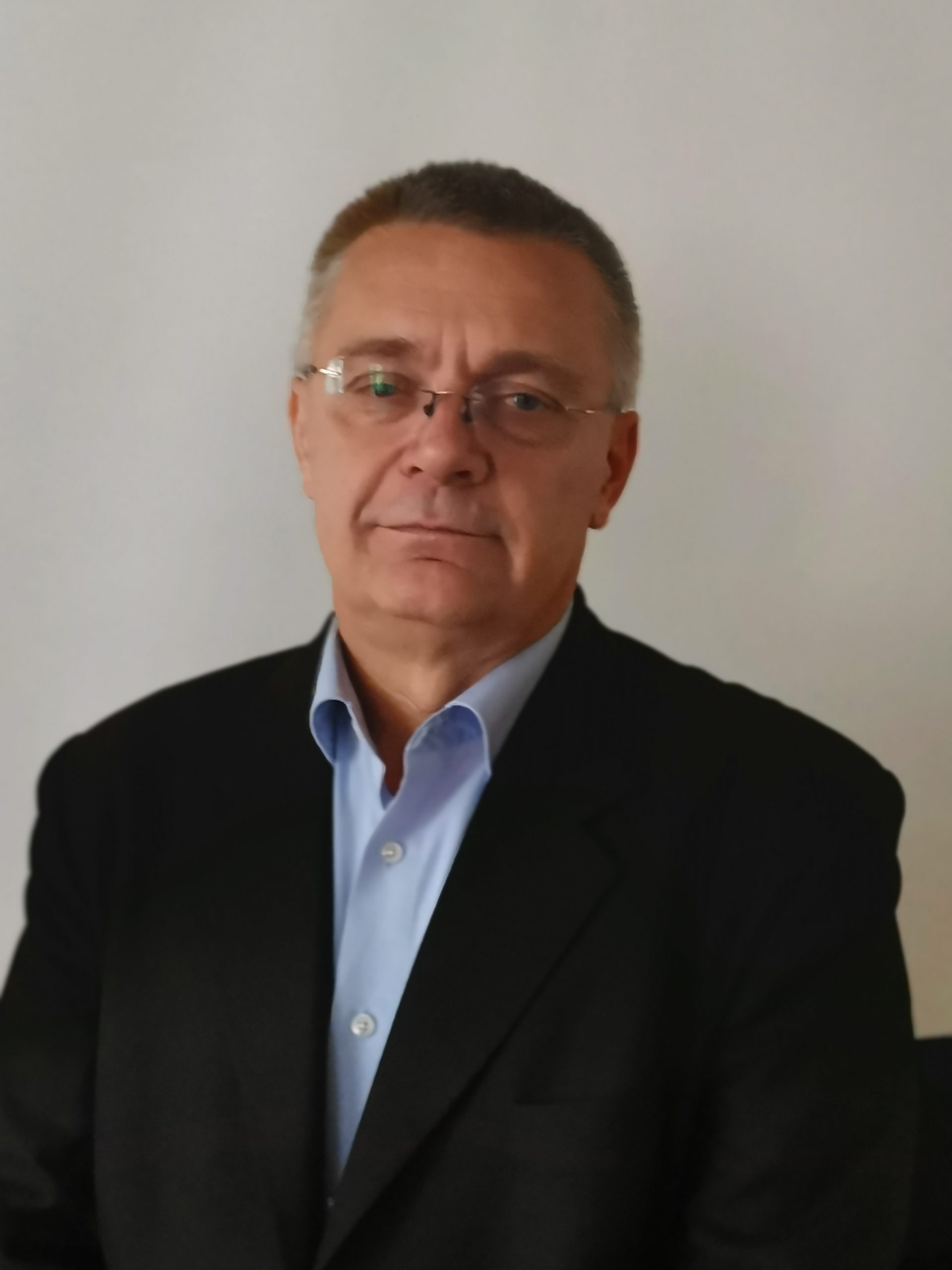 Dr. habil György Fábri (1964) is an habilitated associate professor (Institute of research on Adult Education and Knowledge Management, Faculty of Education and Psychology of Eötvös Loránd University), head of the Social Communication Research Group. Areas of research: university philosophy, sociology of higher education and science, science communication, social communication, church sociology. His monograph was published on the transformation of Hungarian higher education during the change of regime (1992 Wien) and on university rankings (2017 Budapest). He has edited several scientific journals, and his university courses and publications cover communication theory, university philosophy, science communication, social representation, media and social philosophy, ethics, and church sociology.
Dr. habil György Fábri (1964) is an habilitated associate professor (Institute of research on Adult Education and Knowledge Management, Faculty of Education and Psychology of Eötvös Loránd University), head of the Social Communication Research Group. Areas of research: university philosophy, sociology of higher education and science, science communication, social communication, church sociology. His monograph was published on the transformation of Hungarian higher education during the change of regime (1992 Wien) and on university rankings (2017 Budapest). He has edited several scientific journals, and his university courses and publications cover communication theory, university philosophy, science communication, social representation, media and social philosophy, ethics, and church sociology.
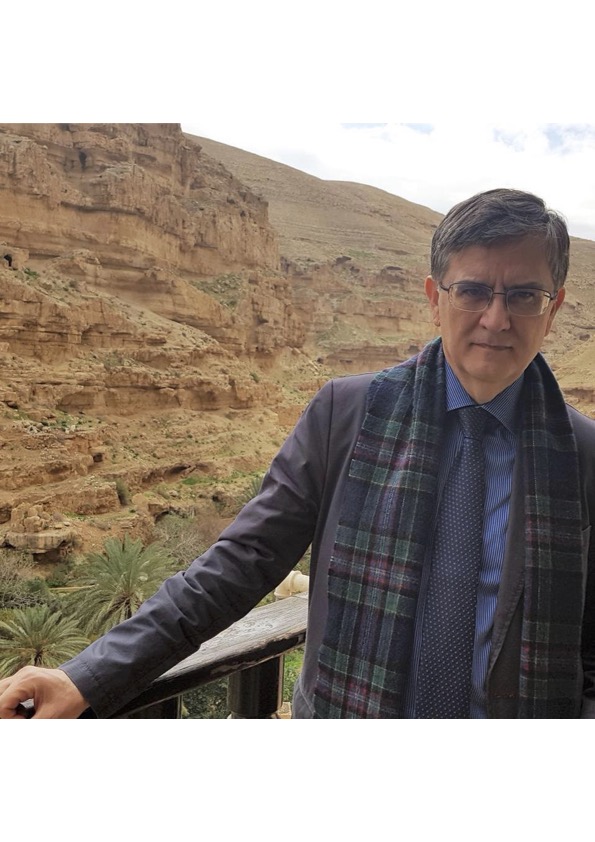 Dr. Mircea Dumitru is a Professor of Philosophy at the University of Bucharest (since 2004). Rector of the University of Bucharest (since 2011). President of the European Society of Analytic Philosophy (2011 – 2014). Corresponding Fellow of the Romanian Academy (since 2014). Minister of Education and Scientific Research (July 2016 – January 2017). Visiting Professor at Beijing Normal University (2017 – 2022). President of the International Institute of Philosophy (2017 – 2020). President of Balkan Universities Association (2019 – 2020). He holds a PhD in Philosophy at Tulane University, New Orleans, USA (1998) with a topic in modal logic and philosophy of mathematics, and another PhD in Philosophy at the University of Bucharest (1998) with a topic in philosophy of language. Invited Professor at Tulsa University (USA), CUNY (USA), NYU (USA), Lyon 3, ENS Lyon, University of Helsinki, CUPL (Beijing, China), Pekin University (Beijing, China). Main area of research: philosophical logic, metaphysics, and philosophy of language. Main publications: Modality and Incompleteness (UMI, Ann Arbor, 1998); Modalitate si incompletitudine, (Paideia Publishing House, 2001, in Romanian; the book received the Mircea Florian Prize of the Romanian Academy); Logic and Philosophical Explorations (Humanitas, Bucharest, 2004, in Romanian); Words, Theories, and Things. Quine in Focus (ed.) (Pelican, 2009); Truth (ed.) (Bucharest University Publishing House, 2013); article on the Philosophy of Kit Fine, in The Cambridge Dictionary of Philosophy, the Third Edition, Robert Audi (ed.) (Cambridge University Press, 2015), Metaphysics, Meaning, and Modality. Themes from Kit Fine (ed.) (Oxford University Press, forthcoming).
Dr. Mircea Dumitru is a Professor of Philosophy at the University of Bucharest (since 2004). Rector of the University of Bucharest (since 2011). President of the European Society of Analytic Philosophy (2011 – 2014). Corresponding Fellow of the Romanian Academy (since 2014). Minister of Education and Scientific Research (July 2016 – January 2017). Visiting Professor at Beijing Normal University (2017 – 2022). President of the International Institute of Philosophy (2017 – 2020). President of Balkan Universities Association (2019 – 2020). He holds a PhD in Philosophy at Tulane University, New Orleans, USA (1998) with a topic in modal logic and philosophy of mathematics, and another PhD in Philosophy at the University of Bucharest (1998) with a topic in philosophy of language. Invited Professor at Tulsa University (USA), CUNY (USA), NYU (USA), Lyon 3, ENS Lyon, University of Helsinki, CUPL (Beijing, China), Pekin University (Beijing, China). Main area of research: philosophical logic, metaphysics, and philosophy of language. Main publications: Modality and Incompleteness (UMI, Ann Arbor, 1998); Modalitate si incompletitudine, (Paideia Publishing House, 2001, in Romanian; the book received the Mircea Florian Prize of the Romanian Academy); Logic and Philosophical Explorations (Humanitas, Bucharest, 2004, in Romanian); Words, Theories, and Things. Quine in Focus (ed.) (Pelican, 2009); Truth (ed.) (Bucharest University Publishing House, 2013); article on the Philosophy of Kit Fine, in The Cambridge Dictionary of Philosophy, the Third Edition, Robert Audi (ed.) (Cambridge University Press, 2015), Metaphysics, Meaning, and Modality. Themes from Kit Fine (ed.) (Oxford University Press, forthcoming).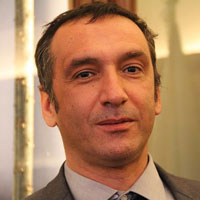 Mr. Degli Esposti is Full Professor at the Department of Computer Science and Engineering, Deputy Rector Alma Mater Studiorum Università di Bologna, Dean of Biblioteca Universitaria di Bologna, Head of Service for the health and safety of people in the workplace, President of the Alma Mater Foundation and Delegate for Rankings.
Mr. Degli Esposti is Full Professor at the Department of Computer Science and Engineering, Deputy Rector Alma Mater Studiorum Università di Bologna, Dean of Biblioteca Universitaria di Bologna, Head of Service for the health and safety of people in the workplace, President of the Alma Mater Foundation and Delegate for Rankings.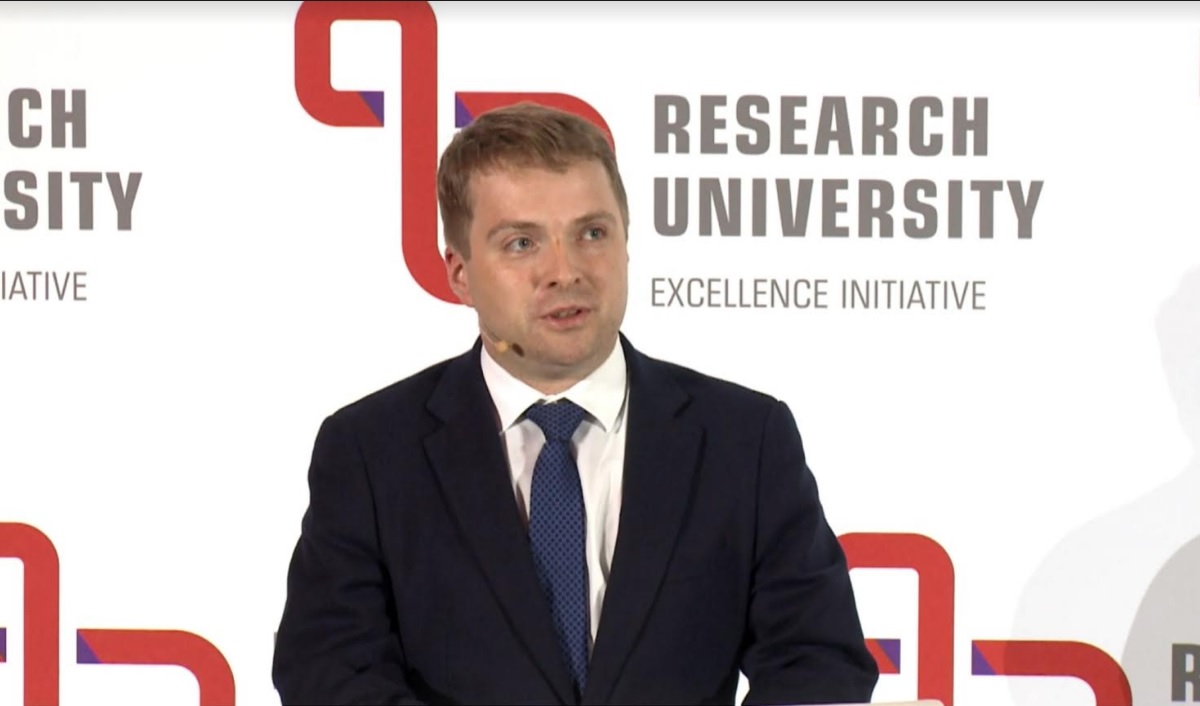
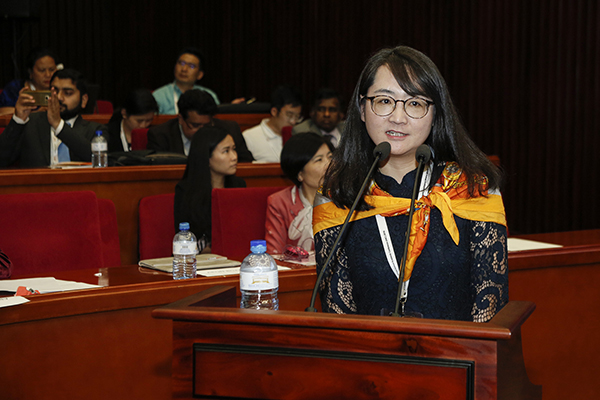
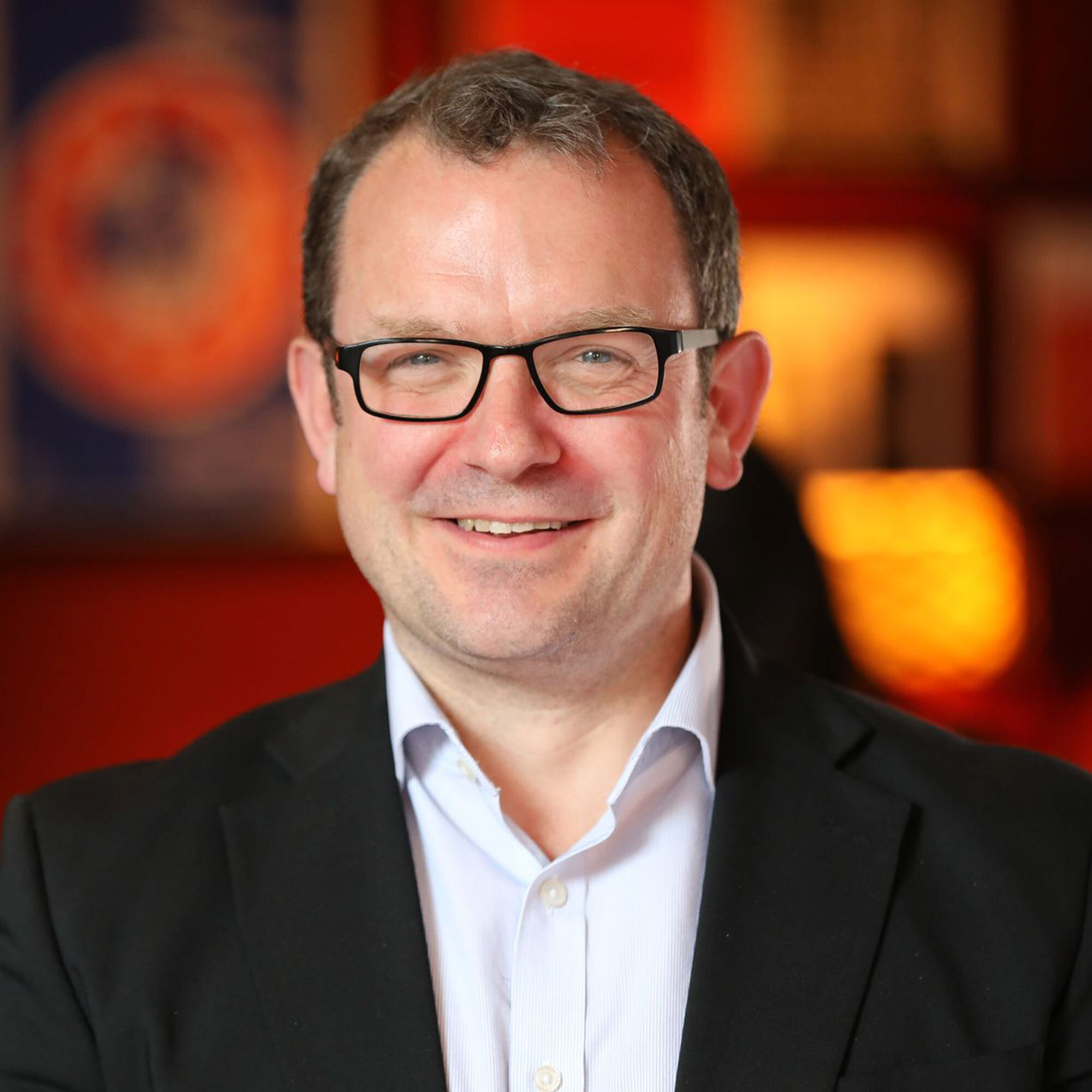 Ben joined QS in 2002 and has led institutional performance insights function of QS since its emergence following the early success of the QS World University Rankings®. His team is, today, responsible for the operational management of all major QS research projects including the QS World University Rankings® and variants by region and subject. Comprising over 60 people in five international locations, the team also operate a widely adopted university rating system – QS Stars – and a range of commissioned business intelligence and strategic advisory services.Ben has travelled to over 50 countries and spoken on his research in almost 40. He has personally visited over 50 of the world’s top 100 universities amongst countless others and is a regular and sought after speaker on the conference circuit.Ben is married and has two sons; if he had any free time it would be spent reading, watching movies and skiing.
Ben joined QS in 2002 and has led institutional performance insights function of QS since its emergence following the early success of the QS World University Rankings®. His team is, today, responsible for the operational management of all major QS research projects including the QS World University Rankings® and variants by region and subject. Comprising over 60 people in five international locations, the team also operate a widely adopted university rating system – QS Stars – and a range of commissioned business intelligence and strategic advisory services.Ben has travelled to over 50 countries and spoken on his research in almost 40. He has personally visited over 50 of the world’s top 100 universities amongst countless others and is a regular and sought after speaker on the conference circuit.Ben is married and has two sons; if he had any free time it would be spent reading, watching movies and skiing.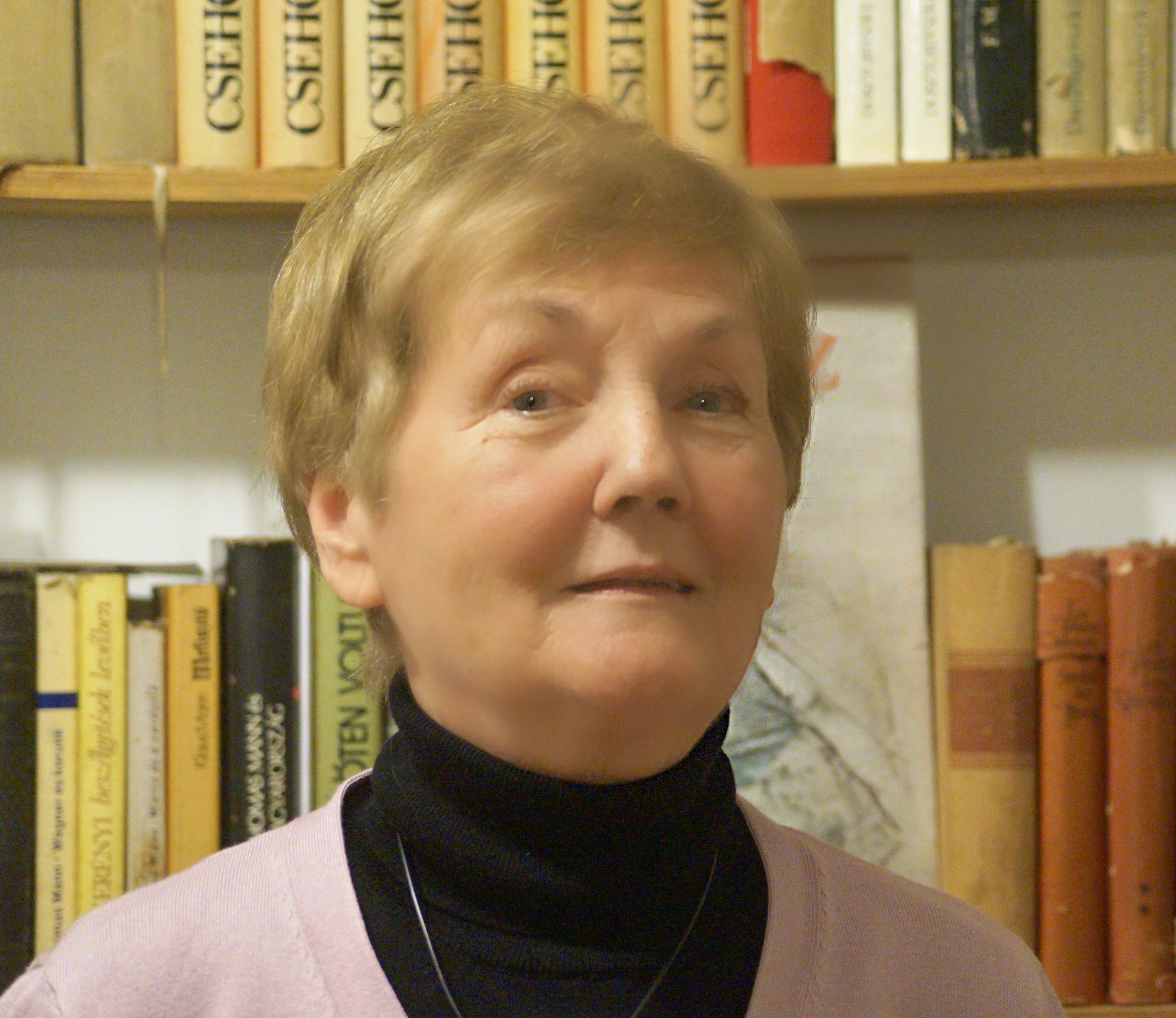
 Anna Urbanovics is a PhD student at Doctoral School of Public Administration Sciences of the University of Public Service, and studies Sociology Master of Arts at the Corvinus University of Budapest. She is graduated in International Security Studies Master of Arts at the University of Public Service. She does research in Scientometrics and International Relations.
Anna Urbanovics is a PhD student at Doctoral School of Public Administration Sciences of the University of Public Service, and studies Sociology Master of Arts at the Corvinus University of Budapest. She is graduated in International Security Studies Master of Arts at the University of Public Service. She does research in Scientometrics and International Relations.

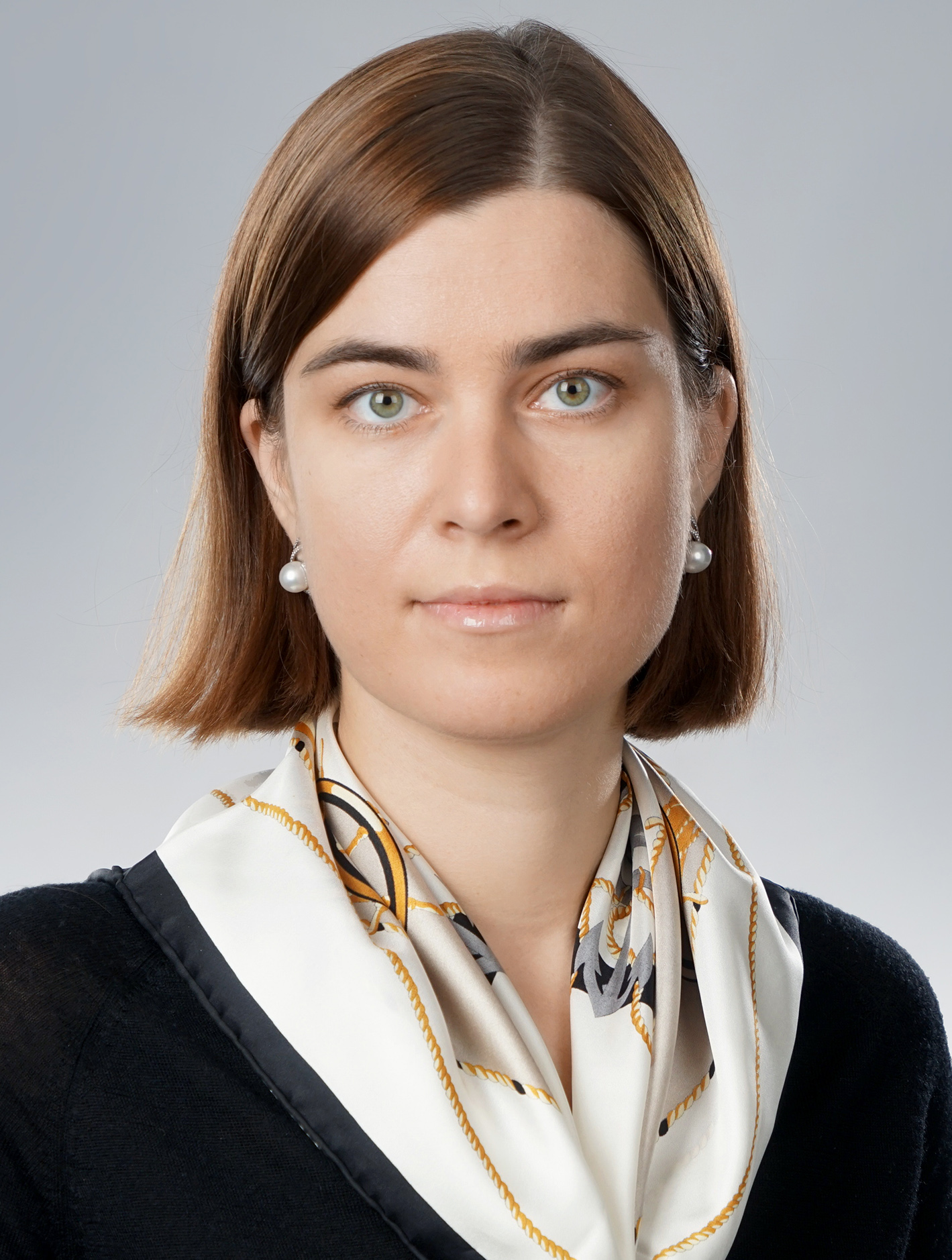
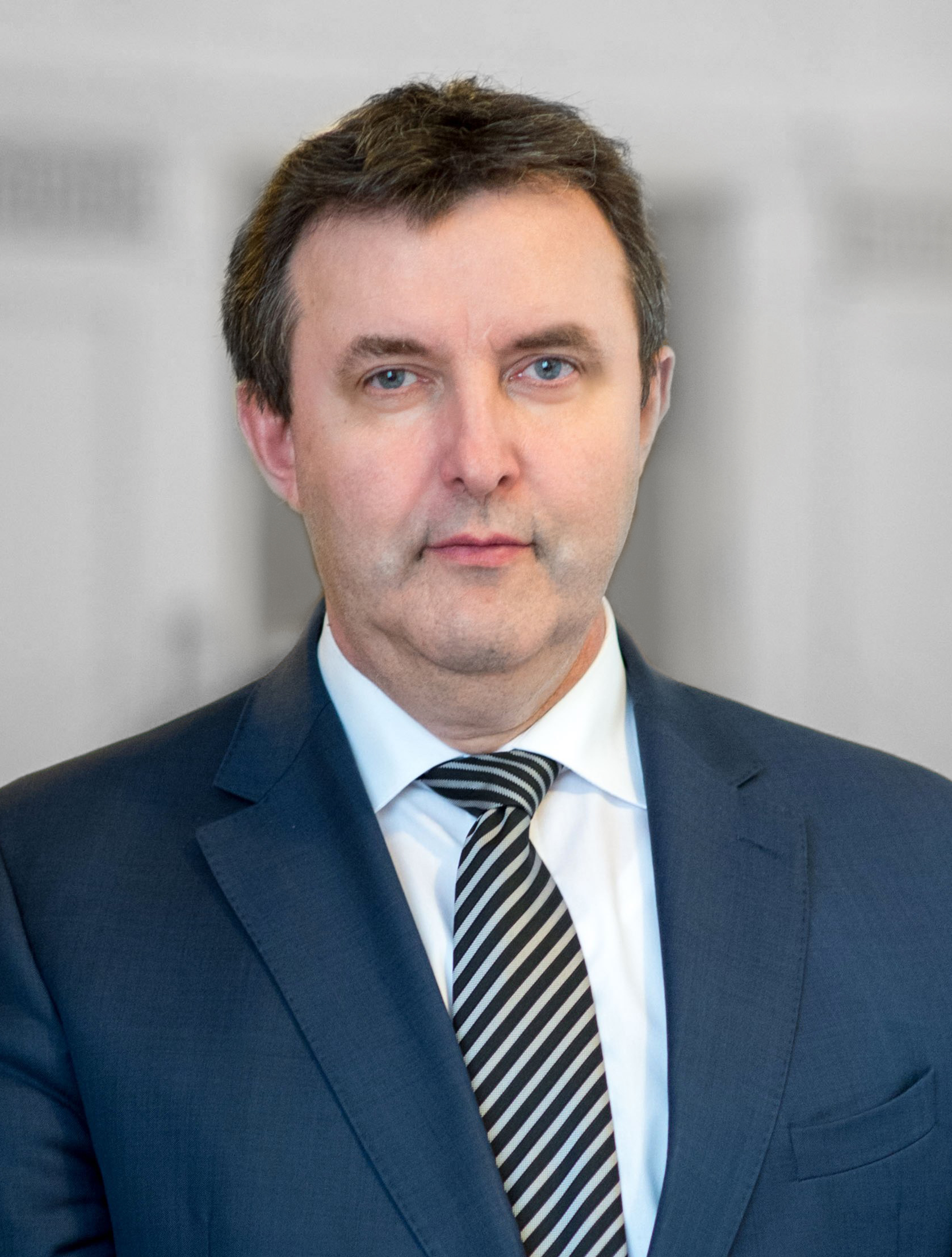 Since 1 February 2019 Minister Palkovics as Government Commissioner has been responsible for the coordination of the tasks prescribed in Act XXIV of 2016 on the promulgation of the Agreement between the Government of Hungary and the Government of the People’s Republic of China on the development, implementation and financing of the Hungarian section of the Budapest-Belgrade Railway Reconstruction Project.
Since 1 February 2019 Minister Palkovics as Government Commissioner has been responsible for the coordination of the tasks prescribed in Act XXIV of 2016 on the promulgation of the Agreement between the Government of Hungary and the Government of the People’s Republic of China on the development, implementation and financing of the Hungarian section of the Budapest-Belgrade Railway Reconstruction Project.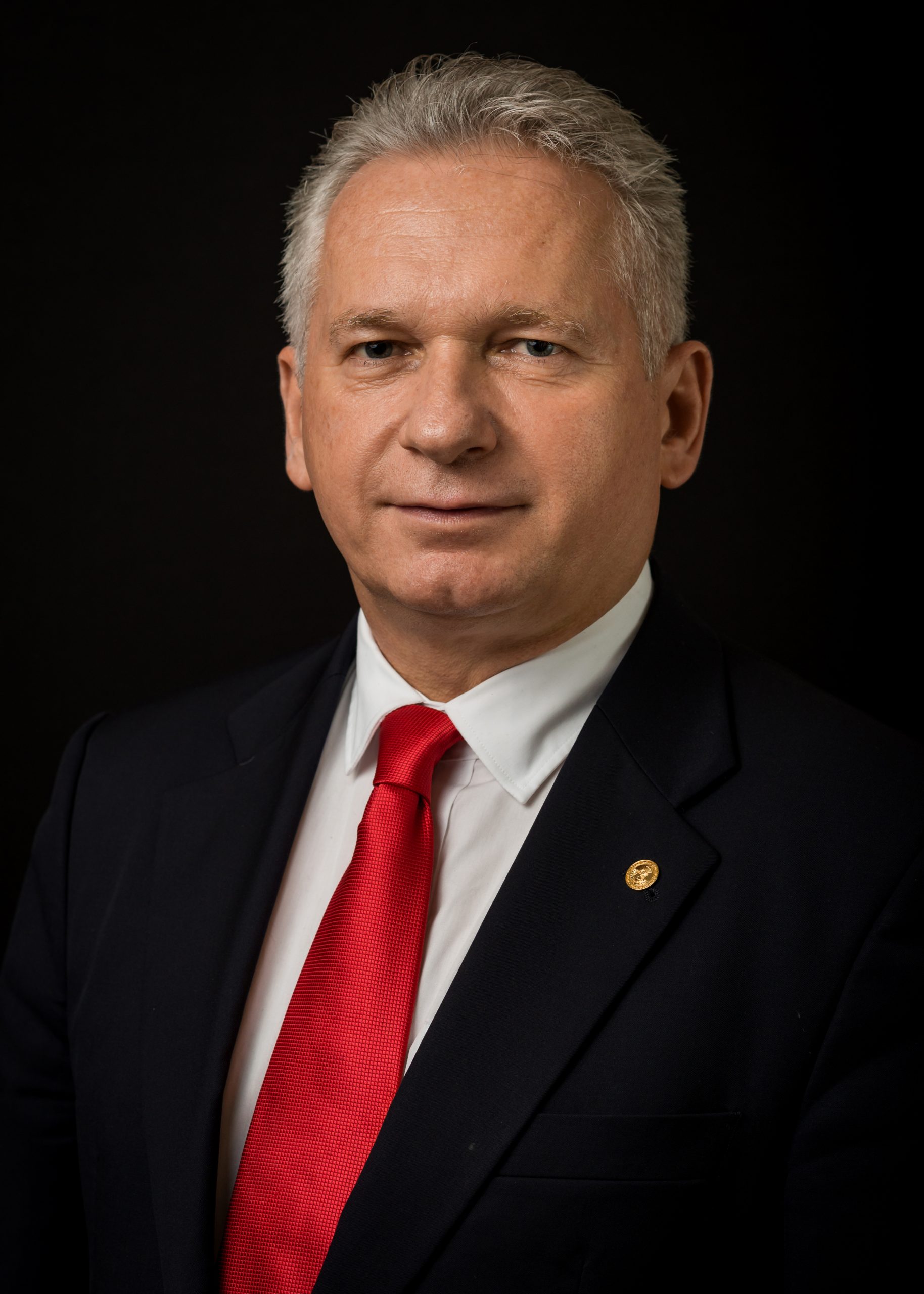
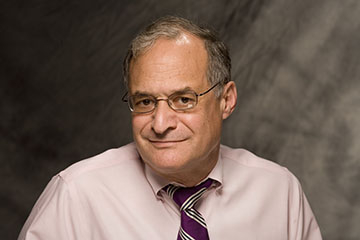
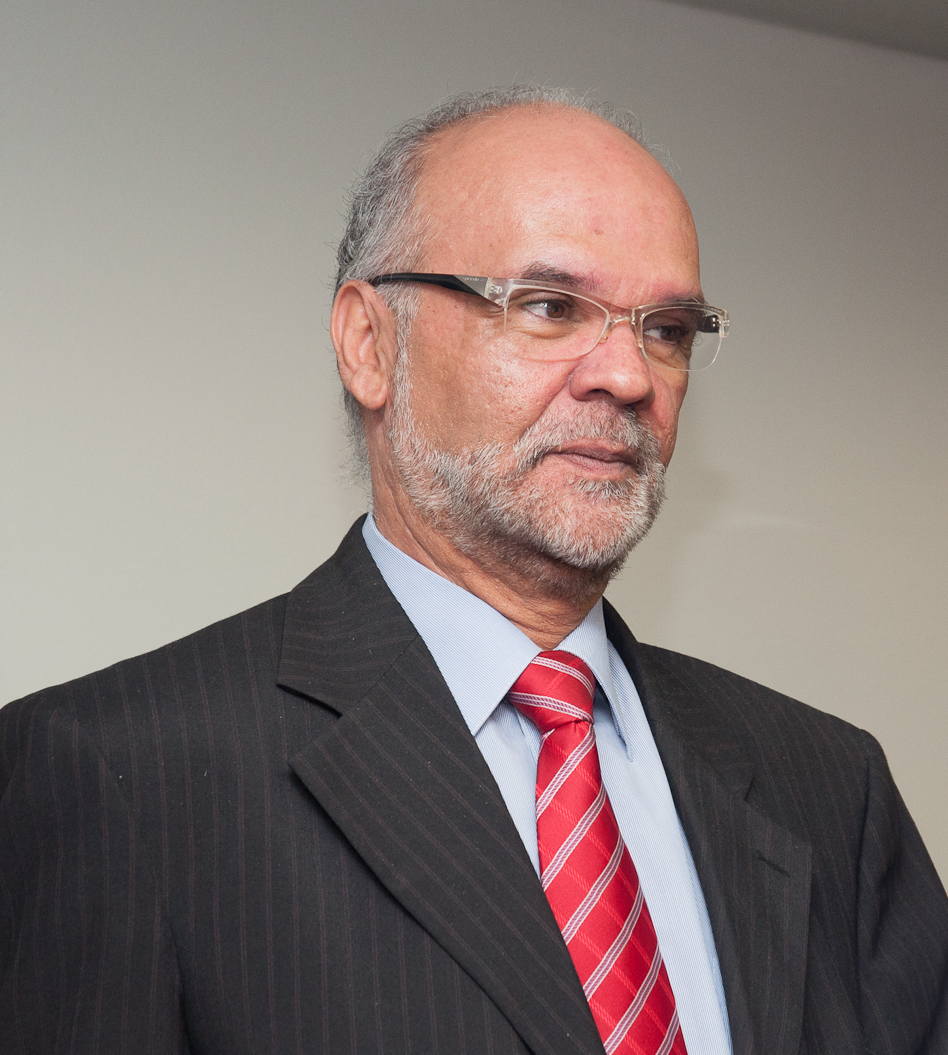
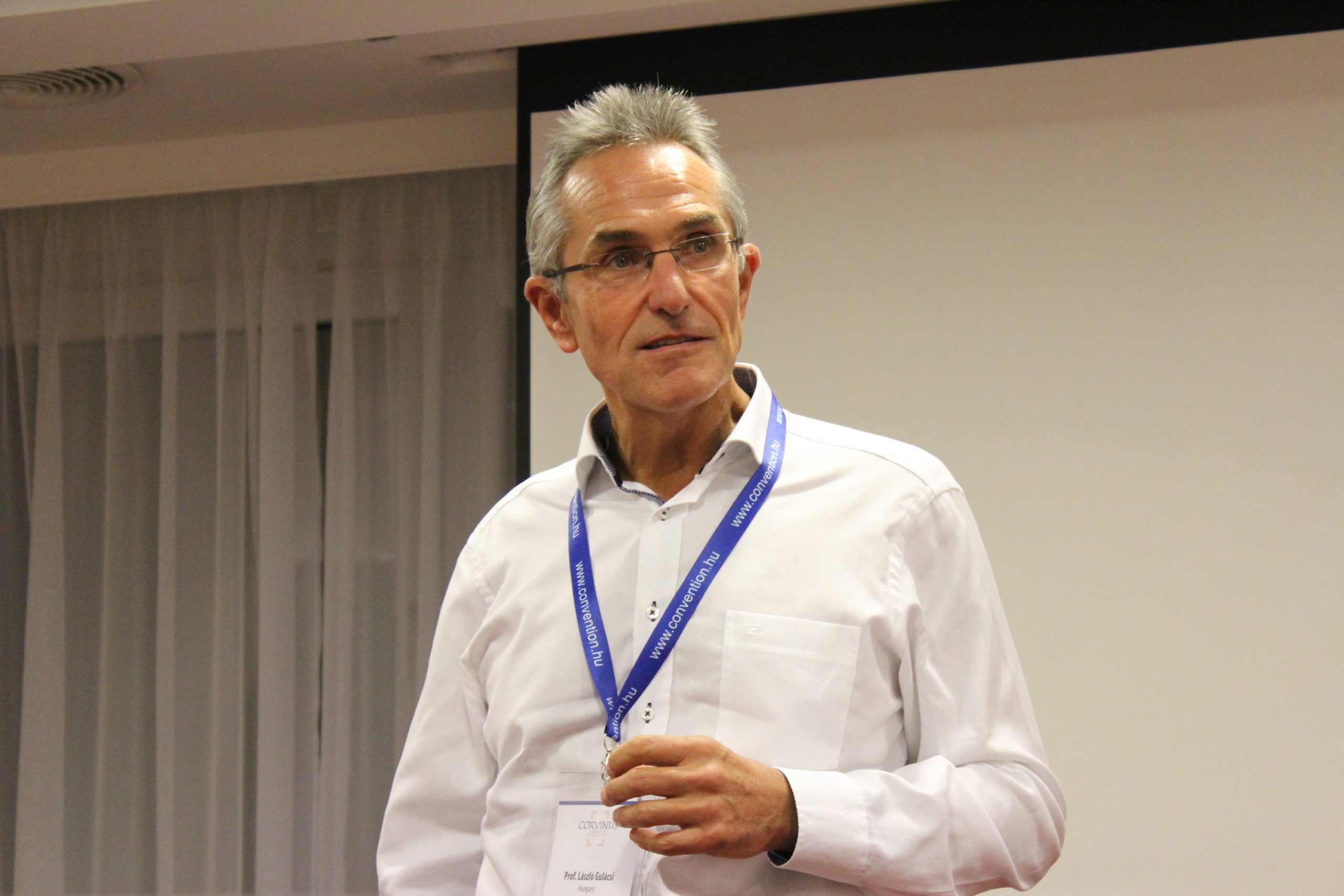 He is the past President of the Health and Health Care Economics Section of the Hungarian Economics Association.
He is the past President of the Health and Health Care Economics Section of the Hungarian Economics Association.

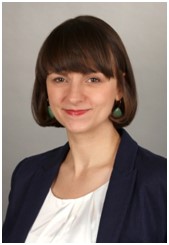 Based in Berlin, Zuzanna Gorenstein is Head of Project of the German Rectors’ Conference (HRK) service project “International University Rankings” since 2019. Her work at HRK encompasses the conceptual development and implementation of targeted advisory, networking, and communication measures for German universities’ ranking officers. Before joining the HRK, Zuzanna Gorenstein herself served as ranking officer of Freie Universität Berlin.
Based in Berlin, Zuzanna Gorenstein is Head of Project of the German Rectors’ Conference (HRK) service project “International University Rankings” since 2019. Her work at HRK encompasses the conceptual development and implementation of targeted advisory, networking, and communication measures for German universities’ ranking officers. Before joining the HRK, Zuzanna Gorenstein herself served as ranking officer of Freie Universität Berlin.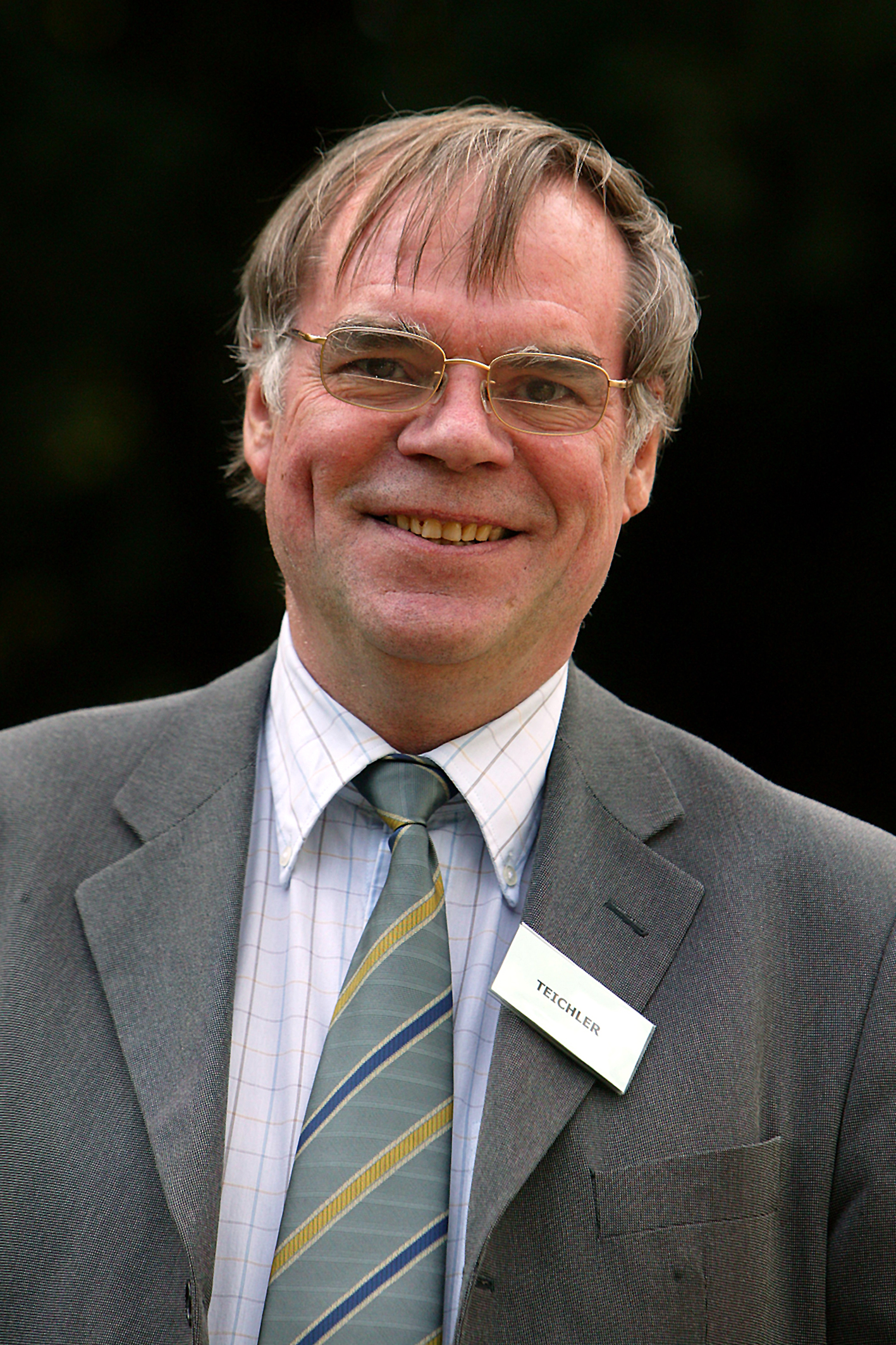
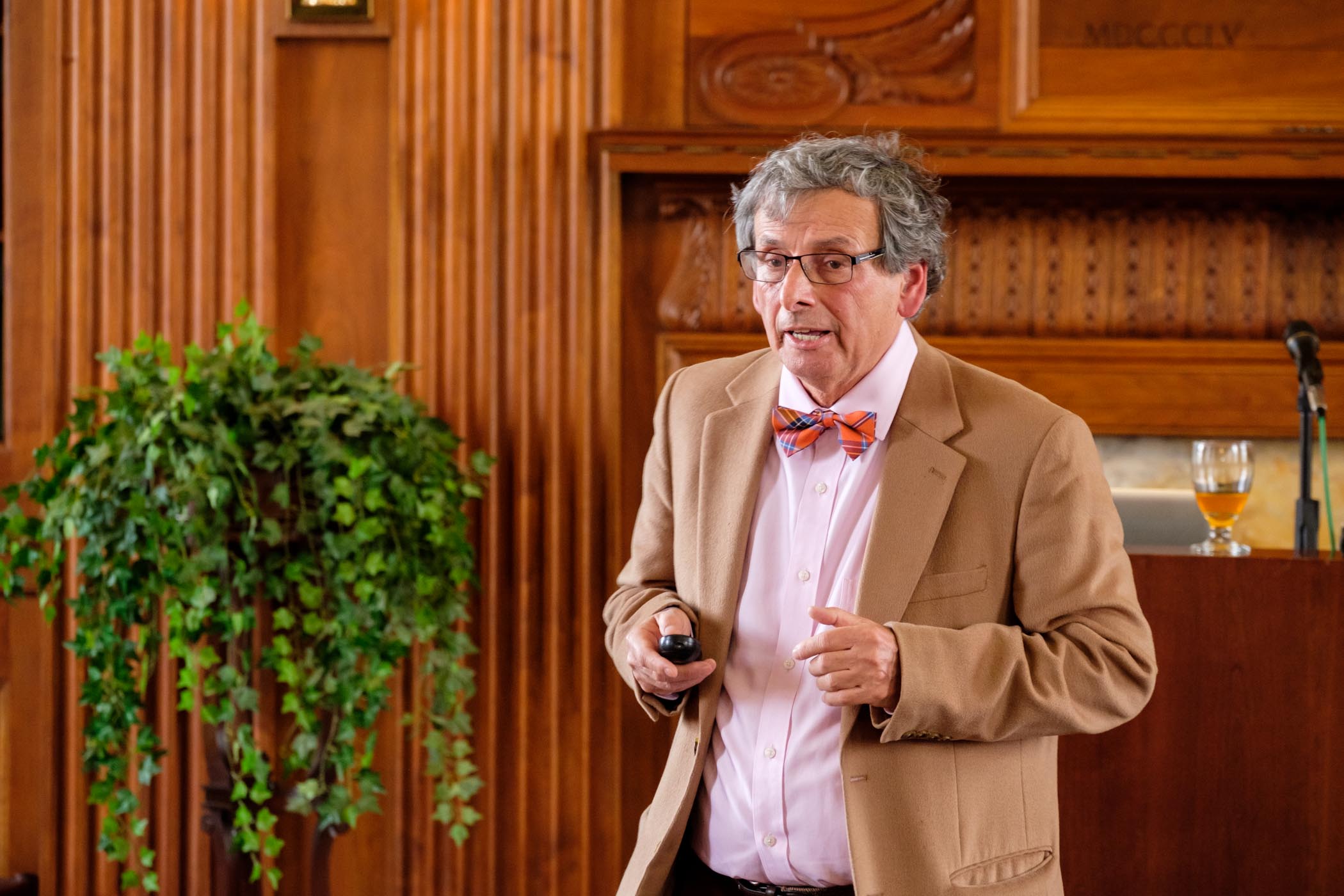 His books on mathematical modeling of chemical, biological, and other complex systems have been published by Princeton University Press, MIT Press, Springer Publishing house. His new book RANKING: The Unwritten Rules of the Social Game We All Play was published recently by the Oxford University Press, and is already under translation for several languages.
His books on mathematical modeling of chemical, biological, and other complex systems have been published by Princeton University Press, MIT Press, Springer Publishing house. His new book RANKING: The Unwritten Rules of the Social Game We All Play was published recently by the Oxford University Press, and is already under translation for several languages.
